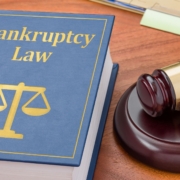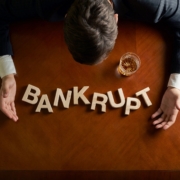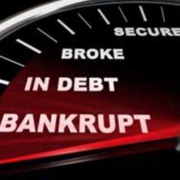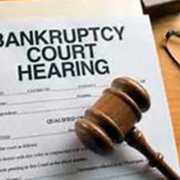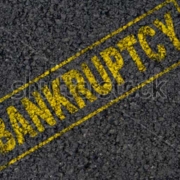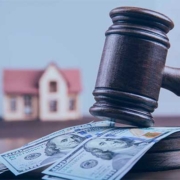Should you Reaffirm a Mortgage In Bankruptcy?
My answer is NO.
Reaffirming a debt means that if you don’t make your future payments the mortgage company can sue you for the balance due after your Chapter 7 is over. The debt is not discharged if you reaffirmed the debt.
Debtors are required to reaffirm their car loans in bankruptcy in order to keep their vehicles, even if they are current on the vehicle. Mortgages are a different story however, you can just continue to pay the mortgage and keep the house, without reaffirming the debt. The mortgage company will not report your mortgage payments, on time or late to the credit bureaus.
If the debtor stops paying the mortgage and has not reaffirmed the debt, the most the mortgage company can do is to take the house back in foreclosure. The mortgage company will not be able to obtain a personal judgment against you if you have a bankruptcy discharge and did not reaffirm the debt.
This means if later you decided you do not want to keep the home any longer, you can strategically default on your mortgage and just walk away. This is very valuable.
Why would you consider reaffirming a mortgage then?
If the mortgage company agrees to modify one or more of the mortgage terms so the mortgage is more beneficial to the Debtors you could consider reaffirming. Possible modifications terms could be a lower interest rate, a lower monthly payment, placing arrears on the back end of the mortgage, or deeming a default current on your credit report.
Reaffirming a mortgage debt requires a complex multi-page agreement which must be approved by the Court. Unless the Debtor is receiving a benefit from the mortgage company, most attorneys will not sign off on the agreement and it will require a court hearing.
Carol A. Lawson, Esq., 28870 U.S. Hwy 19 #300, Hodusa Towers, Clearwater, FL 33761
Phone: (727) 410-2705; email: calh@gate.net
Clearwater Bankruptcy Attorney, Clearwater Bankruptcy Lawyer, Clearwater Bankruptcy, Clearwater Estate Planning Attorney, Pinellas Estate Planning Attorney, Pinellas Probate Attorney #FileLocallyDontOverpay #ClearwaterBankruptcy #ClearwaterBankruptcyAttorney

